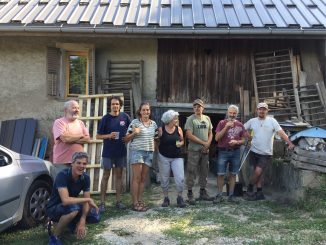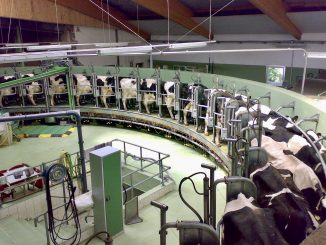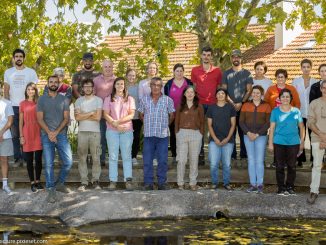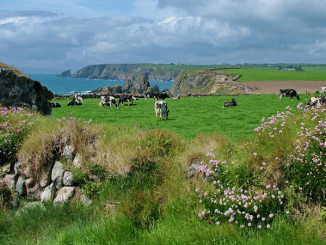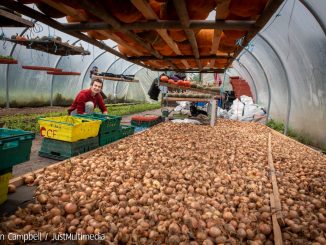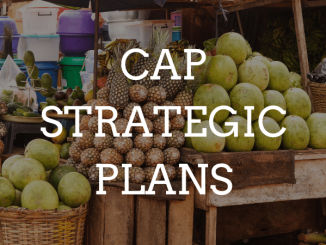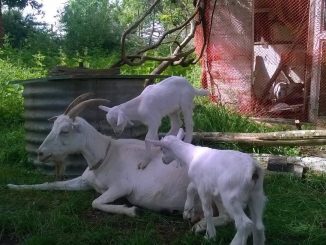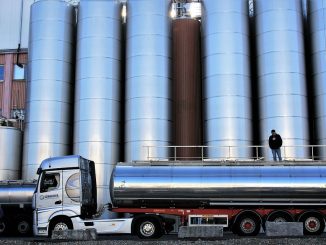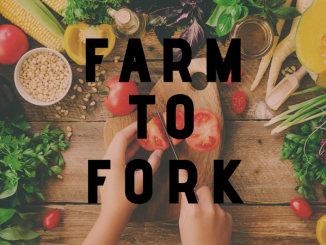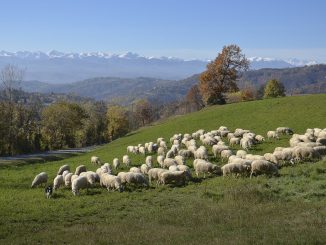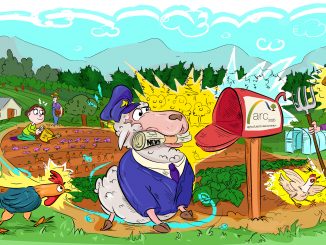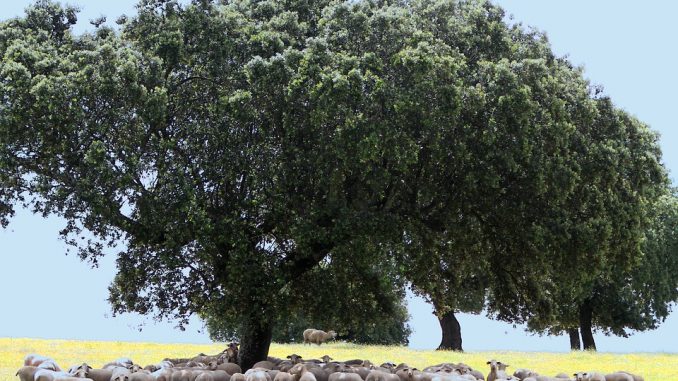
Farming Bounded By Our Biological Boundaries – Part 2
Despite the climate change mitigation emphasis on carbon sequestration, building soil carbon is first about food security, second about atmospheric carbon drawdown. By working with nature’s natural cycles to provide nutritious food with a low environmental footprint, Regenerative Agriculture will provide the transition from fossil-fuelled agro-chemistry to utilizing the farm’s natural resources, argues Stuart Meikle in the second part of this series. […]

